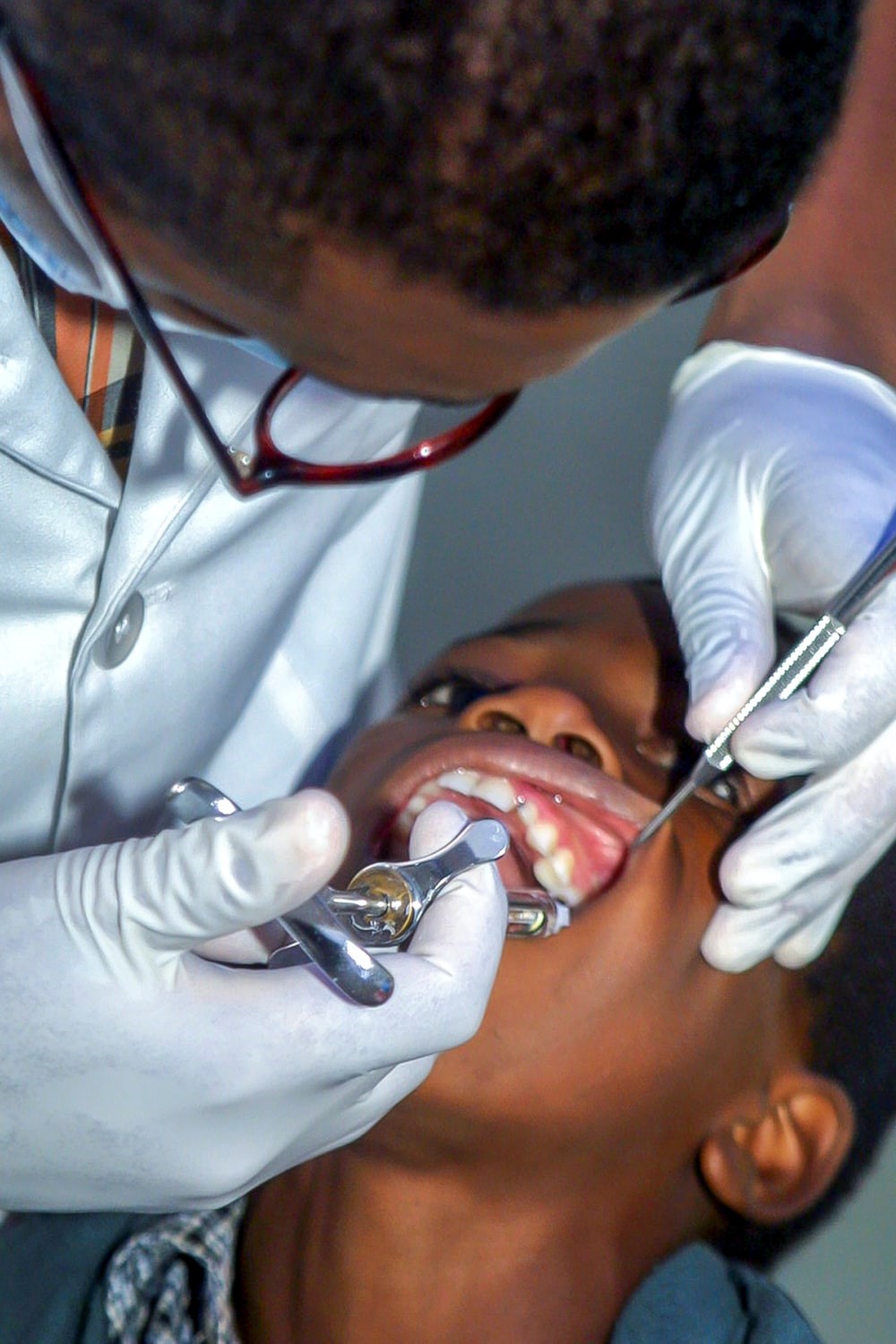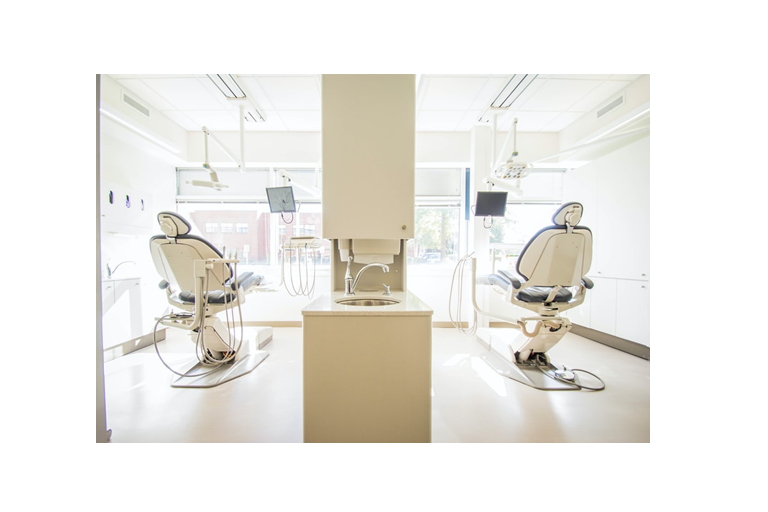When Should My Child Visit the Pensacola Dentist Office?
Visiting the dentist’s office can be quite the ordeal, especially for a youngster. The strange environment might resemble that of an alien space ship, proven to be a frightening sight. The drilling sounds seeping through the closed doors are enough to scare anyone away. When the fear of the unknown becomes too much, a child might develop anxiety when just thinking of the dentist, creating a lot of problems for future visits.
It’s therefore important to nurture a healthy approach to dental hygiene and visiting the dentist. Luckily, many offices that are child-friendly will make a special effort to incorporate colorful stickers, images, and diagrams to appeal to little scaredy cats. You can watch this video with your children as an introduction and guide to healthy teeth: www.youtube.com/watch?v=3Qvo1nIkQnM.
Fostering a good attitude towards the dentist starts from a very early age. If you are wondering when you should take your child for their first visit, follow the guide below:
Ages 6-12 Months
It’s during this stage that your baby will start developing their first teeth. Teething is a painful and uncomfortable process and having a bit of help from your local dentist should be welcomed. Dentists can recommend different teething gels and also assess whether the initial growth of teeth are developing as the norm.
Expert advice recommends rubbing a wet cloth, or a clean finger on baby gums to alleviate pain and discomfort.
Ages 1-3
From 6 months old, a baby will start teething. The teething process is only finished once the child reaches the age of 3. At this stage, a child will have 20 primary teeth (also known as baby teeth).
A routine check-up or a first visit can be done at the age of 3, to ensure that your child’s teeth are healthy and that no cavities can be found. During this age, the dentist might want to perform a full exam on gums, oral tissue, jaws, and bite to ensure that dental development is going as planned.
To ensure that your child’s molars are sparkling, a gentle cleaning can be done. This will involve the removal of tartar, stains, and plaque. When your child isn’t too keen on brushing before bed, the dentist can show them fun techniques on cleaning and flossing.
Ages 4-6
Children are required to visit the dentist’s office at least once every 6-12 months. It’s during this age that your child will start losing their baby teeth. Pulling a tooth can be quite scary, so ensure that they are calm and understand their own dental development.
Facial bones and the jaw grow within this age to create space for molars, canines, and incisors that will emerge once baby teeth fall out. Stay on top of your child’s dental development by reading this fact sheet on a child’s dental development timeline.
It will be a great idea to visit the dentist if your kid can’t stop sucking their thumb, too. As this can cause future dental development problems.

Ages 7-13
Once all baby teeth have fallen out, adult incisors, canines, and molars will start to grow. At the age of 13, children will have a full set of shiny teeth to show off.
The most important thing during this time is to ensure the health of their teeth. Encourage dental hygiene and take them for regular visits to the dentist’s office. During these ages it’s important to make sure that your child is brushing teeth before bed time. Avoiding too many sugary treats will also prevent teeth from getting cavities.
At any time, when your child experiences tooth pain, aches, or sensitivity, it’s important to book an appointment at your Pensacola dentist’s office.
Age 13+
Teenagers become very aware of their appearance. It becomes more evident that having a beautiful smile can boost confidence. Apart from going for regular dental checkups and cleaning, you can start considering orthodontic procedures to straighten and align teeth. These procedures usually include different types of dental braces and invisible aligners.
Before considering visiting an orthodontist, it’s best to consult your family dentist. They will be able to advise the right procedure to follow. As well as the correct age at which to start the procedure.
Getting braces will have a few determining factors. Not only the age of your child, but also the placement of wisdom teeth and overall dental development. Emerging from behind the second molars are wisdom teeth.
In some cases, they don’t emerge naturally and end up pushing against the other teeth, resulting in shifts and skew alignment. This can become problematic when braces and other realignment methods are either already in place or are considered.

It’s extremely important that you are completely honest about your child’s medical history when visiting dentist Pensacola offices. Telling them about your child’s tendencies to be fearful, anxious, or stubborn will also help them deal with your child’s behavior on the chair.
Building a strong relationship with a specific dentist in Pensacola will make every visit much easier than the last. Going for regular check ups with the same dentist will ensure that trust is built between your child and their dental healthcare practitioner. This will ensure smooth sailing for future treatments and scary procedures.
Do check your own reaction when sitting in the waiting room. Kids can pick up on their parent’s anxieties and mimic their anxiousness. Stay calm and positive towards the visit.
There isn’t a specific guideline or sheet that lay down the law of when you should take your youngster to the dentist. As long as you encourage them to brush their teeth and maintain a decent dental hygiene routine, all visits will be easy checkups.
Don’t hesitate to take your children to the dentist when they complain about toothaches or pains. Prevention is better than cause, though. Flossing, brushing, and eating nutritious foods will help in maintaining strong and healthy choppers.
To ensure that your child’s dental health and hygiene are in tip-top shape, book regular dentist appointment at different teething milestones. This will ensure a happy and healthy smile for years to come.




















